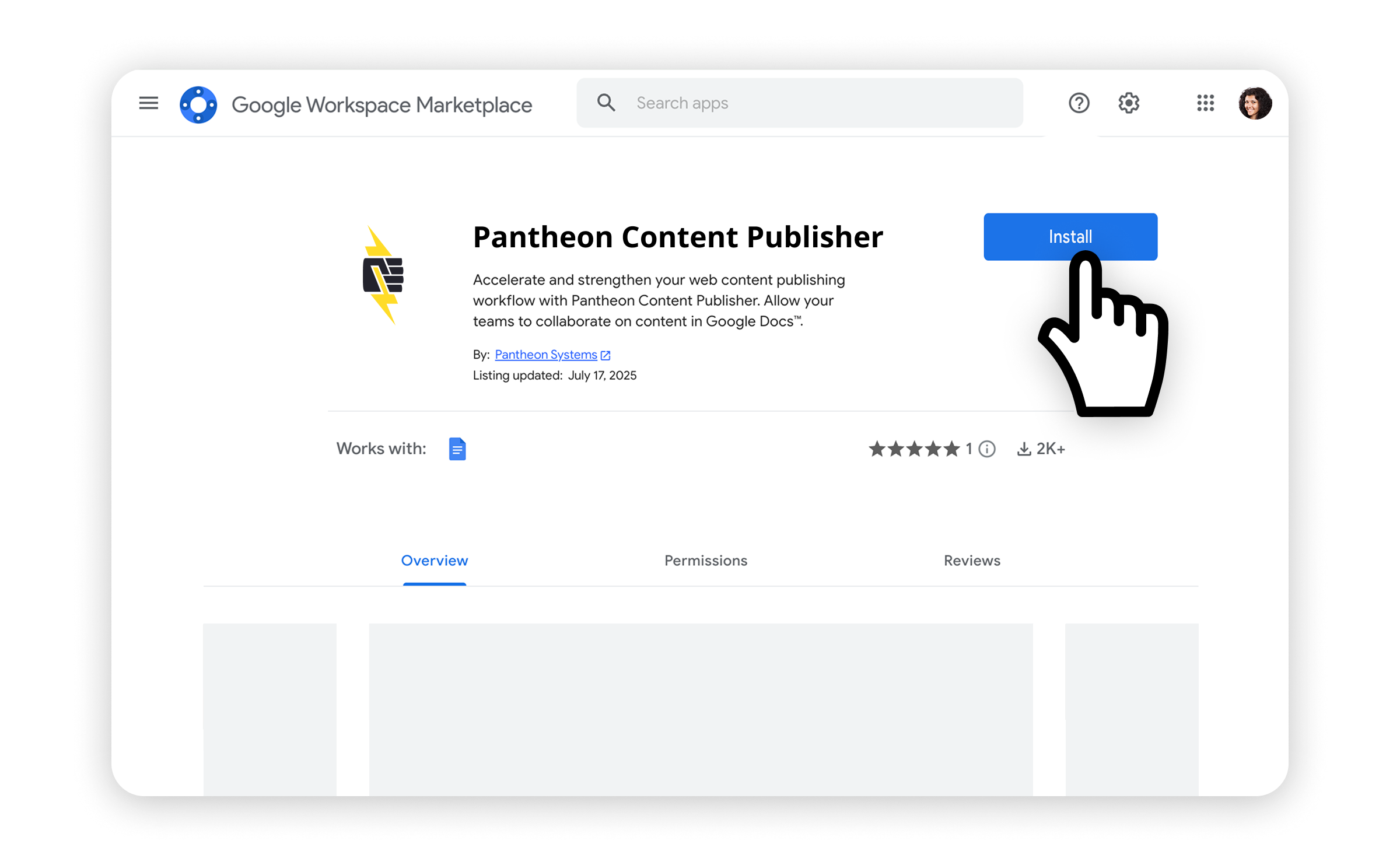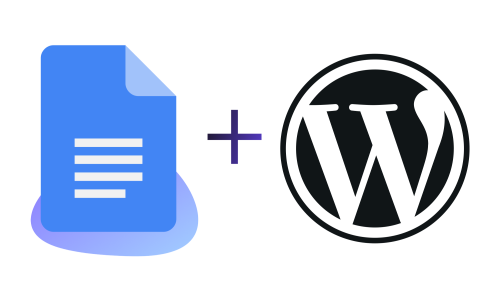A Drupalista Goes To WordCamp 2024
Image

Image

A Drupal architect walks into a bar full of WordPress developers… Okay, Okay, I’m bad at telling jokes, I will stop it… but, actually, this is not a joke.
I come from a Drupal background, having worked at Acquia, the Drupal Association, and Pantheon on the Developer Relations team. Now, back at Pantheon in the Partner team, I focus on the success of our web development agency partners in Europe, regardless of the CMS they use (while I still push passionately for Drupal, of course).
Recently, I actually walked into a few WordPress events, including WordCamp EU 2024, and I really enjoyed connecting with their community. Here are some of the takeaways.
WordCamp Europe was big!
Learning: First of all, the community is huge. But that’s probably not a surprise, given WordPress is the most popular CMS in the world. There were nearly 3,000 people at the event, but the surprise for me was not in the number of attendees, but the fact that the tickets were pretty cheap: 50 to 100 euros for the general public, and you had to get a ticket for the Contribution Day (but that one was a free event).
My Drupalista POV: I am very curious about how they manage their events to attract huge crowds, rent huge places where you can host that many people, but keep the tickets very affordable. It probably has to do with high sponsorship levels, but that’s just a guess on my side.
DrupalCon Lille, for example, or DrupalCon Portland, gathered similar crowds: some 1,400 folks showed up. Keep in mind that the WordPress community and reach are several times larger than Drupal’s, so the similarity in attendance is quite interesting. I think it’s good news for the Drupal community. While we are smaller, we are tight and united, and we can mobilize our people in larger percentages.
Competing with Proprietary CMSs
Learning: The WordPress community more openly discusses proprietary competitors. We (as in the Drupal Community, which I am part of) share concerns regarding proprietary software. Some conversations regarding proprietary competitors could be great in a Drupal event. The overlap between both communities is big, as you could expect in the open-source world.
My Drupalista POV: This reinforces my thoughts that we are sister communities, and we have a common cause to unite against proprietary software giants.
Celebrating Features Drupal Takes For Granted
Learning: Many in the WordPress community talk about Multisite and Multilingual capabilities quite often.
My Drupalista POV: Drupal's Multisite is mostly a server-level hosting optimization that hasn't evolved in years. A decade ago, Pantheon's co-founders started a debate over Drupal Multisite, arguing that separating and containerization multiple Drupal sites and updating code through a shared Git history (our Upstreams feature) was a better way. WordPress Multisites, however, is more of a CMS-level feature that Pantheon does support. In my opinion, we are lacking innovation in one of the most important core functionalities in Drupal. We should consider at least discussing how Multisite has evolved (or actually has not evolved at all) in a world where containerization and separation of concerns have become coupled and linked to infrastructure.
There's a similar dynamic present with Multilingual capabilities. The Drupal community took huge leaps in Multilingual support in the Drupal 8 cycle. That was a decade ago.
Opportunity for Collaboration
Learning: The community is as friendly and welcoming as in Drupal.
My Drupalista POV: Given the commonalities and shared goals, I wonder if we could organize events together. And not just events.
I love it when open source collaborates! It does not happen in the proprietary world, which is our competitive advantage. When I managed the different PitchBurgh projects, I remember Matt Mullenweg, one of WordPress's founding developers, reaching out to Drupal's founder Dries Buytaert to collaborate with Gutenberg in Drupal (he donated resources, team time and $20,000 to the initiative). And, in the same line, Drupal core maintainers reached out to WordPress leadership to learn what technically or conceptually from WordPress' Block Editor (Gutenberg) could benefit the next evolution of Drupal's layout builder experience.
Shorter Path to "Hello World"
Learning: Trying out WordPress is extremely easy nowadays directly from your browser, using Assembly as the core technology. This is what they call WordPress Playground.
My Drupalista POV: We are moving in that direction, and Matt Glamman (a well-known Drupalist and contributor) mentioned during DrupalCon Pittsburgh that he was already working on a prototype, but maybe we are a bit slow for what seems it could or should be a priority to attract new developers. We may not be doing the best we can in regards to the documentation and showing it off. The "Playground" name is cool too, as it shows the spirit of experimentation and innovation.
Memorable Presentations
As for the event, there were so many good talks, and the topics ranged from AI and leadership to diversity or business. I saw a lot of similarities between DrupalCons and WordCamps, though this WordCamp covered more roles on the web team. For example, at DrupalCon a developer will learn how to structure a site so that content editors can do their jobs effectively. WordCamp had sessions for content editors specifically.
Here are some of the best presentations we attended.
The "Diverse and Sustainable Future" session covered the nurturing of a WordPress community in Uganda. Speaker Abraham Waita shared how some Ugandan high-school teachers empower the next generations as WordPress contributors.
Francesca Marano gave an insightful talk on getting more women into leadership roles within the WordPress community. She talked about her own experience and highlighted the ongoing challenge of finding female leaders. Her story was both powerful and motivating.
- Another session featured Jamie Marsland, who teaches and showcases the use of WordPress by replicating famous sites in various ways. Marsland has a YouTube channel dedicated to using WordPress for online business, which is incredibly inspiring.
- Francisco Tellado, a well-known WordPress evangelist in the Spanish community, took on the topic of AI and "the dehumanization of the web."
- There was a lot of buzz about WordPress Playground, a browser-based solution for local sites.
WordPress Project Summer Update
And, of course, there is the WordPress equivalent of the Driesnote: WordPress Project Summer Update. It’s always interesting to contrast and compare the evolution of our open-source ecosystems.
Listening to both keynotes this year allowed me to consider the future of both communities and understand where we are both headed and what synergies we can find.
Here's a summary of Mullenweg's keynote presentation:
The 2024 Roadmap is focused on improving collaboration and workflow within the platform, enhanced real-time collaboration features, and a major performance boost aimed at making websites faster and more responsive.
Data Liberation Initiative: This project aims to facilitate seamless migrations into WordPress from other platforms like Wix and Squarespace. It is part of a broader strategy to eliminate digital barriers and simplify the user experience when switching to WordPress. I don’t think Drupal has a similar initiative, although maybe it is just a marketing issue because our migration tools are quite powerful and advanced.
Real-Time Collaboration: New features will allow multiple users to edit content simultaneously. This sounds familiar to some ideas in the Drupal and CKEditor ecosystems.
Full-Site Editing: The rise of full-site editing will allow users to customize every aspect of their website using the Block Editor. Acquia Site Studio used to provide such functionality, but that’s a proprietary solution, I don’t think there is a similar open-source equivalent.
Performance Enhancements: Upcoming updates will include performance improvements, making actions like typing, uploading media, and publishing up to a few times faster.
Dashboard and Admin Redesign: The WordPress backend will receive a significant makeover, aligning its look and feel with the Site Editor and aiming for a more user-friendly administrative experience. This is very much aligned with what the Drupal community has been doing.
That’s all from me. What do you think? Share your thoughts on Linkedin, Twitter or Mastodon. Thanks to Sophie Ek and Edmund Turbin for helping with the content and ideas for this article.


